Our Approaches
---Rongmei Baptist Association
Capacity Building
Capacity building enables organizations and communities to enhance their abilities to identify, plan, implement, and evaluate their goals effectively. Indigenous people in rural areas often lack such knowledge, and with current climate change, they need to adapt their farming techniques and traditional skills. To address this, RBA organizes training programs around livestock rearing, mushroom cultivation, organic farming, natural resource management (NRM), climate resilience, land tenure systems, horticulture, and organic fertilizer production.
RBA establishes institutions like Self-Help Groups (SHGs), Farmers’ Clubs, SHG Federations, Joint Liability Groups (JLGs), and Village Development Committees (VDCs). Additionally, RBA organizes exposure visits to model fields and collaborates with government departments like KVK, ICAR, RSETI, and NABARD. It trains community members to serve as trainers during emergencies, crucial in areas with connectivity challenges.
RBA has set up a training center on Sustainable Integrated Farming at its office compound. Education, both formal and non-formal, is a key aspect of RBA’s mission. Through the Sarva Shiksha Abhiyan (SSA) program, RBA provides tuition for poor children and vocational skills programs for school dropouts and youth. Notably, RBA brought the only Rural Self Employment Training Institute (RSETI) in Nagaland, sponsored by SBI, to Peren District, enabling young people to secure loans for startups. RBA also works on protecting the rights of children aged 0-18 in collaboration with CHILDLINE India Foundation. The organization boasts a qualified team, trained from institutions like Allahabad School of Sustainable Agriculture and Asian Rural Institute (ARI) in Japan, dedicated to community upliftment and social development in the region.
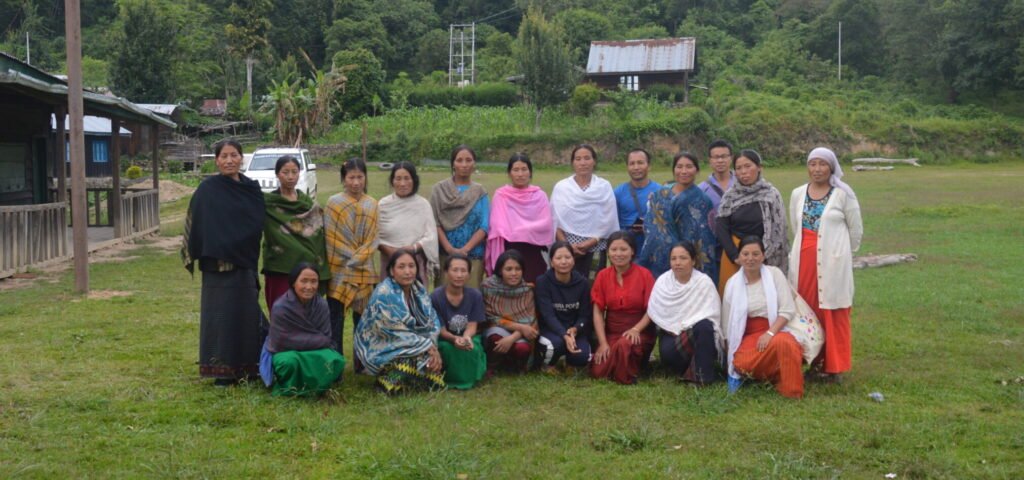
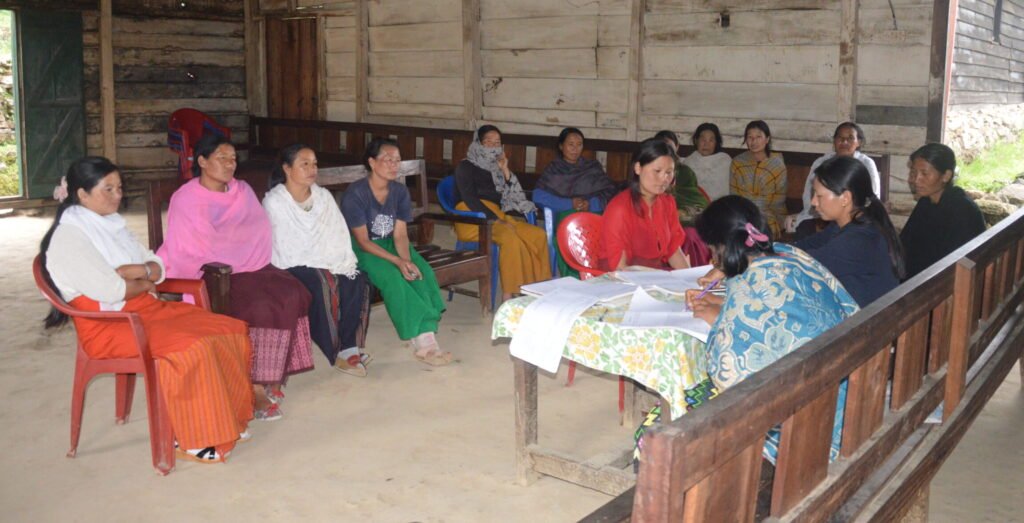
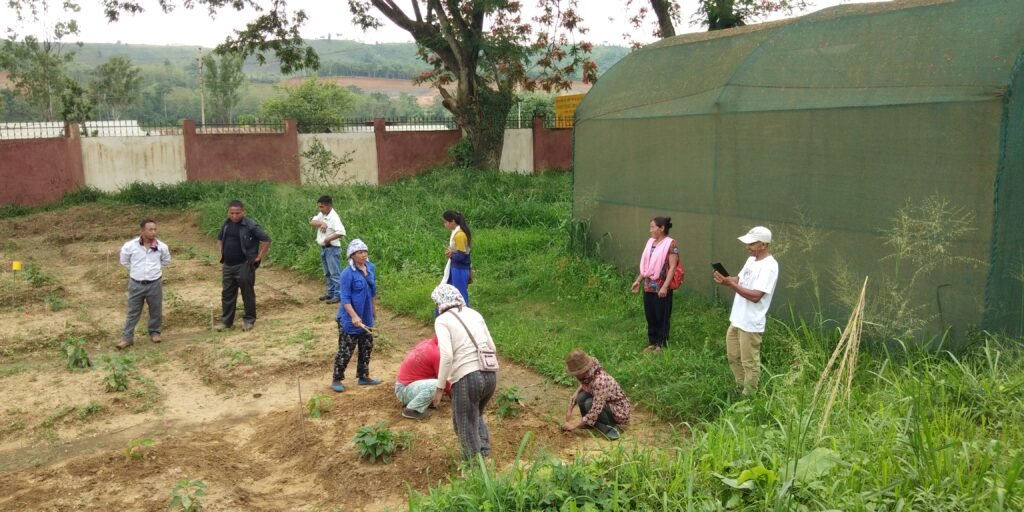

To address declining crop production and ecosystem degradation, RBA has implemented irrigation interventions like the Diversion Based Irrigation (DBI) system for paddy cultivation and the Gravitational Flow System (GFS) for drinking water conservation. The organization also initiated infrastructural developments such as community halls, bazaar sheds, and culverts to support farming and transportation. RBA focuses on conserving, preserving, and regenerating ecosystems to maintain natural balance. It conducts awareness, advocacy, and training programs to educate rural communities on sustaining indigenous forests. RBA seeks global recognition for community stewardship practices, believing that “Saving the ecosystem now is equivalent to saving your life and the lives of future generations.”
NRM and Climate Resilience
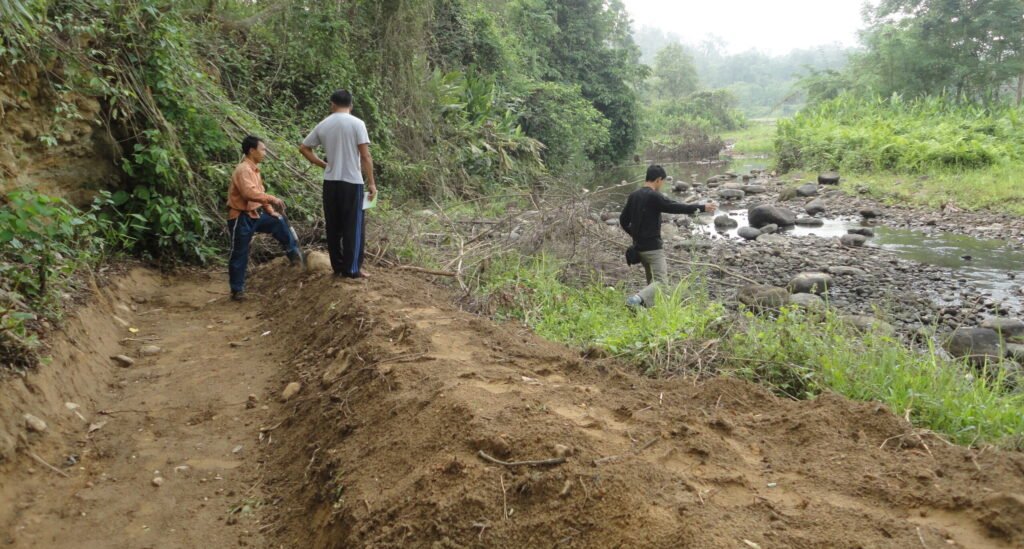
Land Tenure System Activities

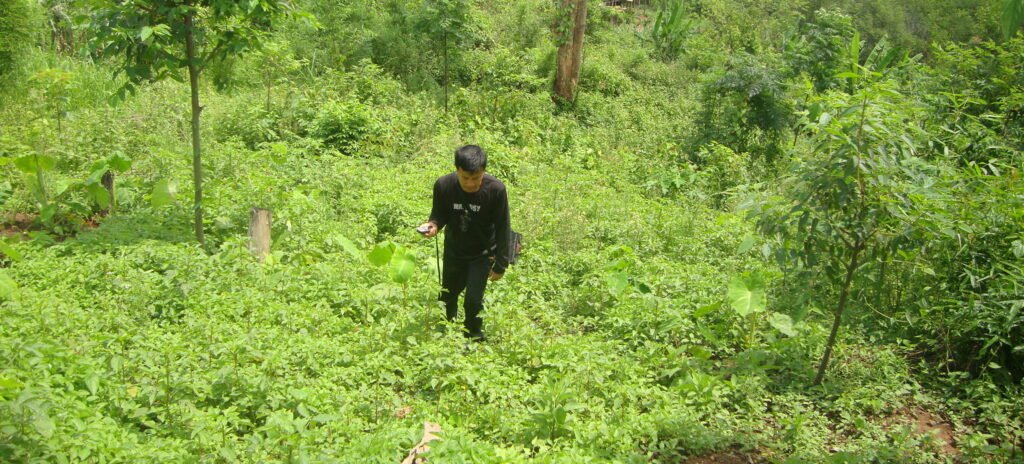
While these developments improve living standards by providing extra income, they also cause significant conflicts due to the lack of proper land records. This has led to disputes and even violence among indigenous communities. To address this, RBA has initiated a land documentation process using technology like GPS mapping, and Google Earth, linked with mobile apps for recording basic land and community data. Collaborating with NGO partners such as the India Land and Development Conference (ILDC), RBA aims to establish a recognized land documentation system to minimize conflicts. Additionally, RBA explores credit support options from financial institutions using these records. The organization also advocates for gender equality by ensuring land records for women and securing land rights for them with village authorities’ consent.
Safe Drinking Water, Community Health and Sanitation
Healthcare and sanitation in rural areas pose significant challenges. Indigenous people often lack access to first aid or primary health facilities, leading to severe consequences. The organization organizes health camps for women and children, collaborates with Vitamin Angels to provide albendazole and Vitamin A, and partners with World Vision for socio-economic upliftment. Believing that “health is wealth,” they conduct free medical camps, prenatal and postnatal care camps, and community health camps. During the COVID-19 pandemic, the organization volunteered at quarantine homes, provided essential commodities, and conducted awareness campaigns and vaccination camps with government health departments.
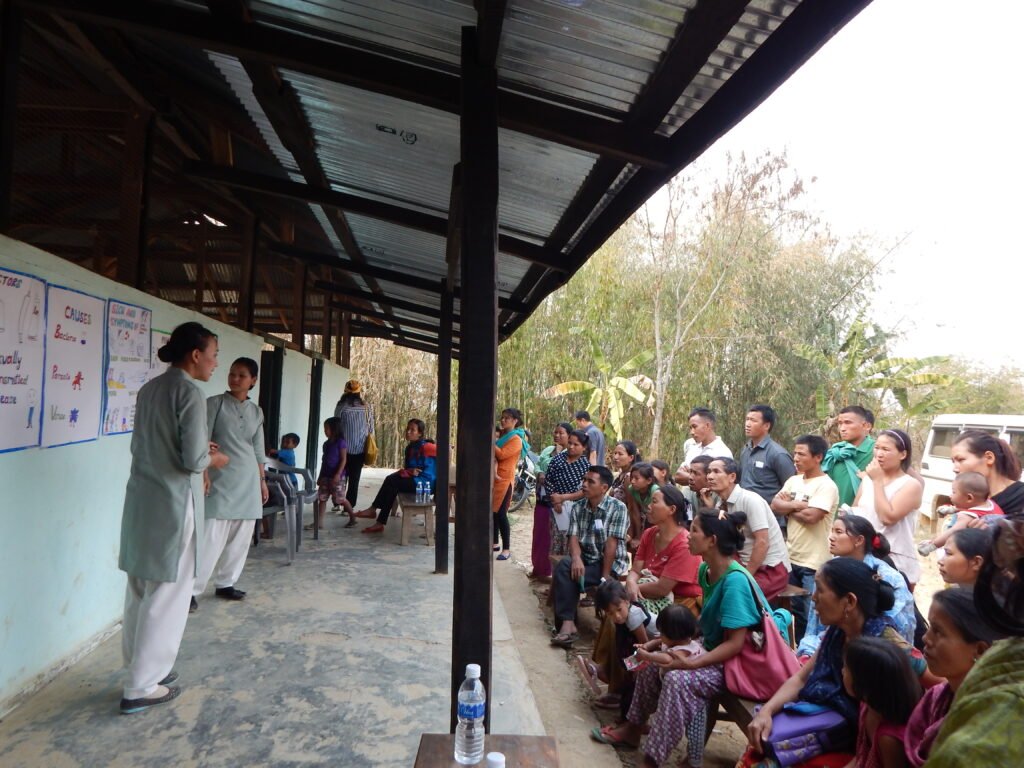

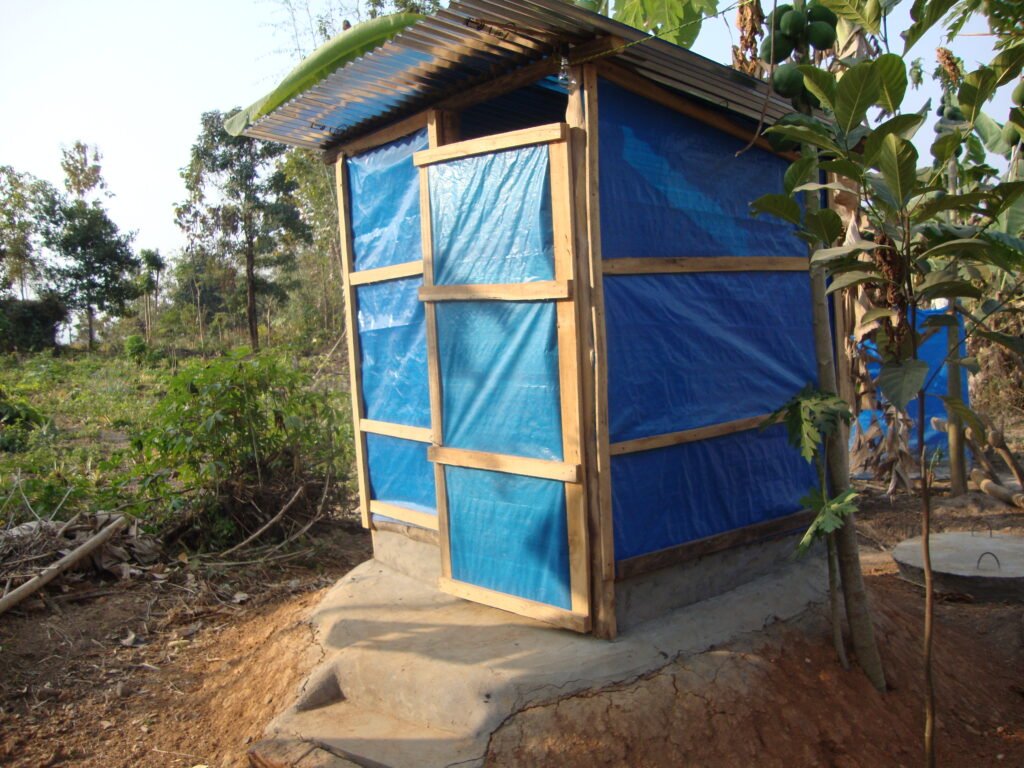
Water is crucial for effective sanitation. Collaborating with the State PHED department on the JAL JEEVAN MISSION (JJM), the organization conducts awareness campaigns and forms WATSAN Committees in villages. They introduced Low-Cost Latrines in rural villages to improve sanitation. The organization listens to community needs, providing services like building culverts, constructing approach roads, community ring-wells, irrigation canals, and education programs. All activities are funded by various domestic and international donors, often implemented through women collectives. These interventions have significantly impacted marginalized tribal families in rural areas, improving their access to essential services and enhancing their quality of life.
